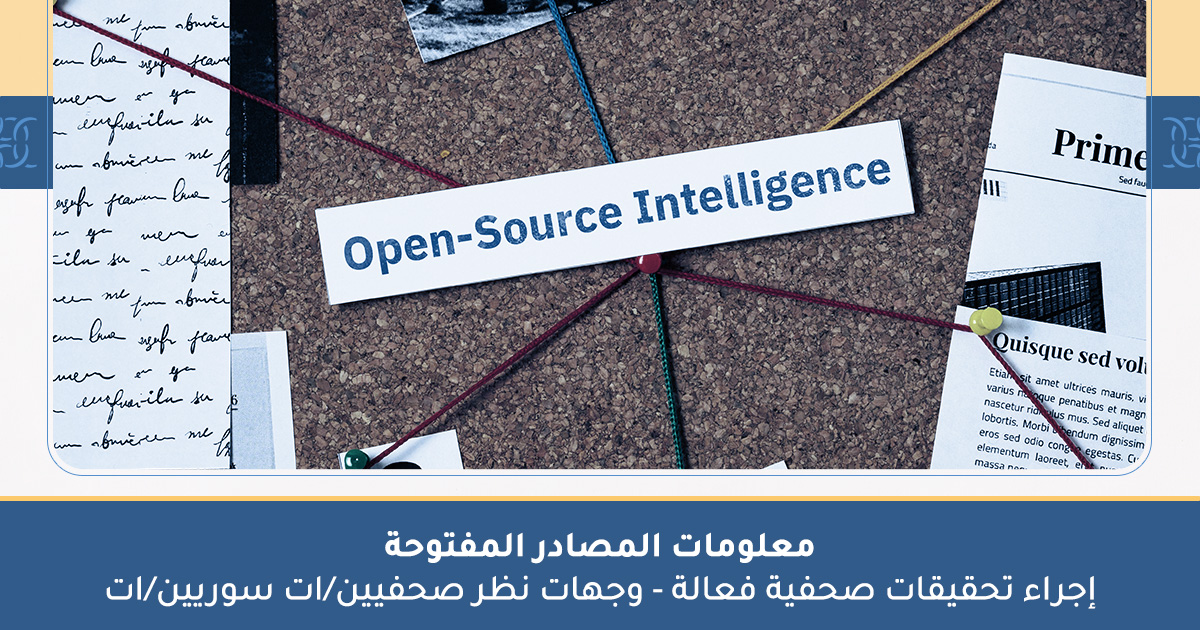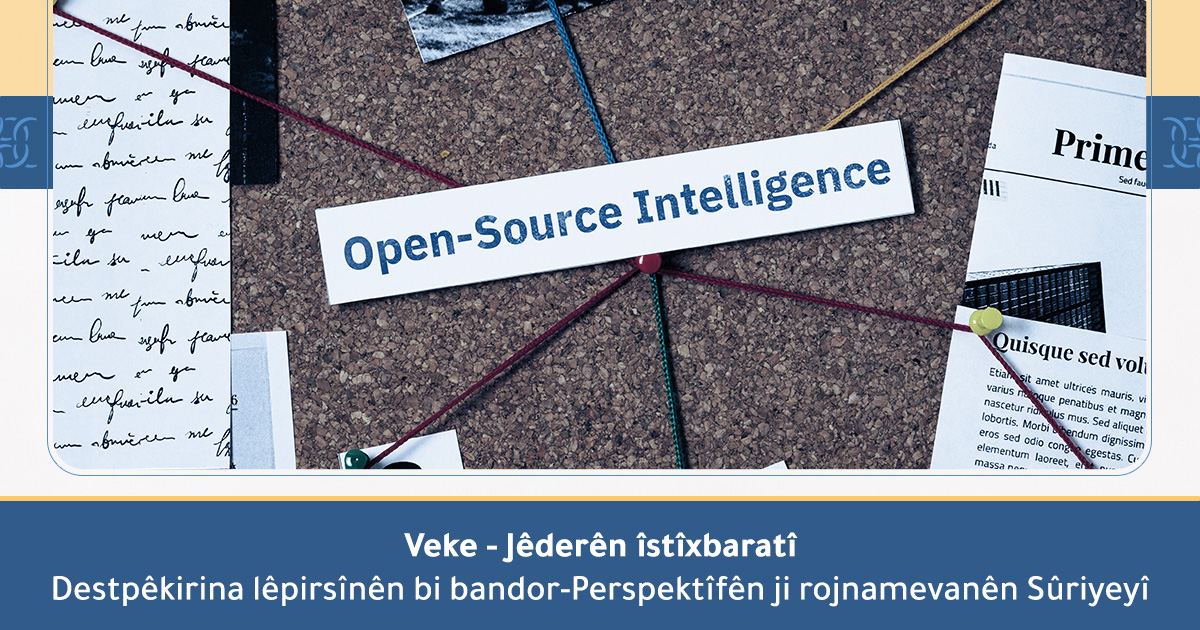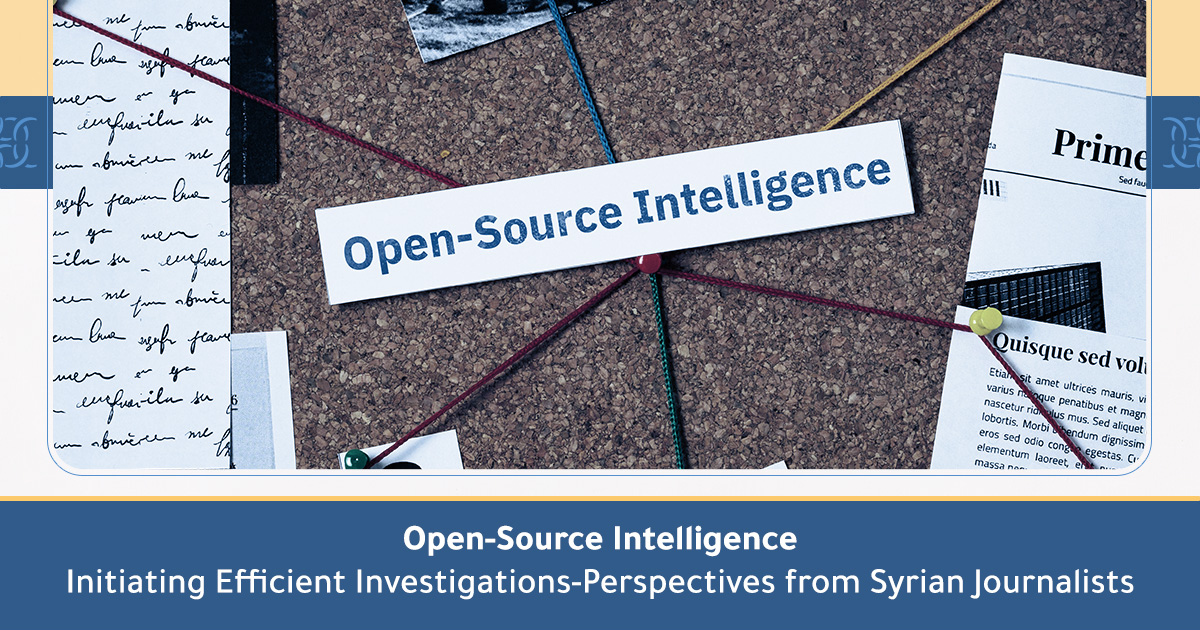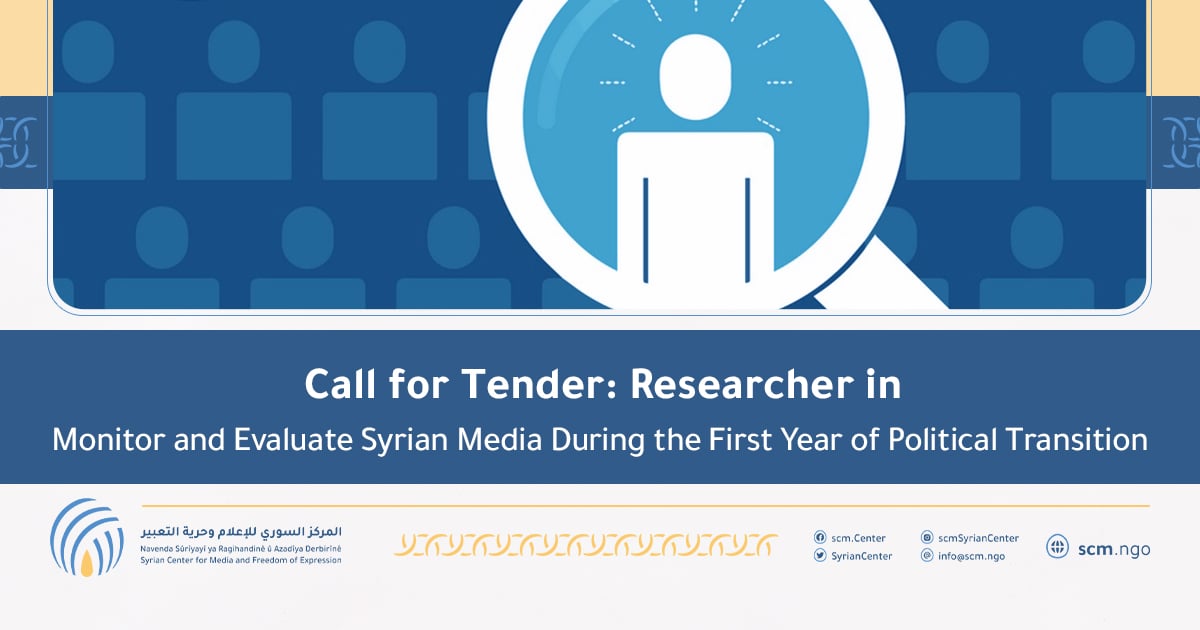Press Statement
May 23rd marks the EU Day Against Impunity For Genocide, Crimes Against Humanity and Genocide (the EU Day Against Impunity). For the sixth time, the European Commission, along with the EU Genocide Network, Eurojust and the Portguese Presidency of the EU Council, raises awareness to the issue of impunity for these most atrocious crimes. This time with a special focus on the EU and member states efforts to tackle the impunity gap.
https://www.eurojust.europa.eu/increase-actions-against-impunity-war-crimes-syrian-regime; https://www.youtube.com/watch?v=dHXNQXNPjsU
On this important day, the Syrian Center for Media and Freedom of Expression (SCM) wishes to express its gratitude for the work accomplished by a great variety of actors working towards justice and accountability for international crimes committed in Syria. A number of significant signals have been sent in recent times that provide a silver lining for those who seek justice. However, it is more clear than ever, ten years after the start of the Syrian revolution and with the illegitimate presidential elections in Damascus around the corner, that there is much work to be done and action to be taken for justice to become a real perspective.
After long years of impunity, the past year has provided victims of the Syrian regime with the first tangible result of a quest for justice that was set in motion years ago. In February 2021, the Higher Regional Court in Koblenz, Germany, handed down the worldwide first verdict by a criminal court. In the case against a former security service officer, the court found that the Syrian regime committed crimes against humanity in the framework of its state-run torture program. Another trial is underway at the same court against a higher-ranking officer and additional investigations are conducted and trials prepared in EU member states such as France and the Netherlands.
Thanks to the efforts of Syrian victims and witnesses willing to provide their testimony to bolster investigations and help bring along cases, criminal complaints regarding the Syrian regime’s use of chemical weapons against its own people were filed in the EU member states Germany, France and Sweden. On this EU Day Against Impunity, it is the SCM’s hope that these jurisdictions join forces to investigate these most heinous crimes of employing toxic gases against women, children and the elderly with the aim of terrorizing and forcibly displacing innocent civilians.
Next to these hopeful developments in national jurisdictions, the SCM compliments the recent and continuously crucial work that international organizations such as the Organisation for the Prohibition of ChemicalWeapons (OPCW) in The Hague and the International, Impartial and Independent Mechanism for Syria (IIIM) in Geneva perform. The OPCW Conference of States Parties in April expectedly condemned the Syrian government for its repeated violation of the Chemical Weapons Convention. The organizations’ Investigation and Identification Team (IIT) responsible for identifying the perpetrators of the use of chemical weapons used in Syria recently published its second report finding units of the Syrian Arab Air Force responsible for a chemical attack on Saraqib on 4 February 2018. Often in the background but indispensable, the IIIM is continuing to collect and analyze information, and provide national prosecutors with dossiers of evidence used in investigations and trials. The SCM is glad to see the intensive and fruitful cooperation between the EU and its agencies with both the OPCW and the IIIM and hopes that the mutual support and cooperation will only increase and yield even more fruit.
Meanwhile, the government of the Netherlands last September announced it would hold the Syrian regime to account, including for human rights violations and torture in particular. In this effort, it was recently joined by the government of Canada. The SCM welcomes this concrete legal step by a EU member state and encourages other EU countries to join the Netherlands in this effort. This encouragement for more action is reflected in a resolution passed by the European Parliament (EP) on the occasion of the 10 year anniversary in March this year. The resolution includes many valuable recommendations for further steps to tackle impunity for atrocity crimes committed in Syria. These were reiterated just now in a letter from members of the EP to Justice Commissioner Reynders and High Representative/Vice-President Borrell demanding a concrete EU Action Plan against impunity with concrete measures for victims and war criminals in the EU.
The SCM wishes to emphasize that while the aforementioned variety of steps, efforts and tools towards this goal are important and more than welcome, they do not represent wholesome justice. For this to become a reality, there must be transitional justice based on a political transition in accordance with United Nations Resolution 2245. Without sustainable peace, there will not be justice in Syria and, in extension, also in the region and Europe. The achievements of the past year are important signals and give hope in this regard, especially after the long period of impunity.
On the occasion of this year’s EU Day Against Impunity, to tie words to action and strengthen the praiseworthy developments in the EU and beyond further, the SCM calls for the following recommendations to be implemented as soon as possible:
- EU member states and other jurisdictions should amend their judicial legislation. These amendments should result in an inclusion or expansion of existing provisions on universal or extraterritorial jurisdiction and related criminal procedure.
- These amendments should also enable local and regional courts hearing universal jurisdiction cases to have the competence, resources and capacities to properly conduct these complex trials, invest in multilingual outreach to and accessibility for the affected Syrian community, and effectively protect witnesses when needed.
- In parallel, national war crimes units investigating cases and analyzing evidence should be fitted with the necessary support and capacity to enable their expedient and complete handling of the increasing number of complaints and cases.
- Meanwhile, the EU and its agencies as well as other relevant authorities should ensure that victims, witnesses, and defectors have access to the war crimes units and courts to enable real participation in the justice process.
- To build on the positive results of national courts, member states and other interested jurisdictions should be encouraged to consider pooling their jurisdictions for the possibility of a treaty-based tribunal for atrocity crimes committed in Syria. Including as a response to some of the recommendations above, this effort could be complementary to and strengthen national universal jurisdiction efforts.






